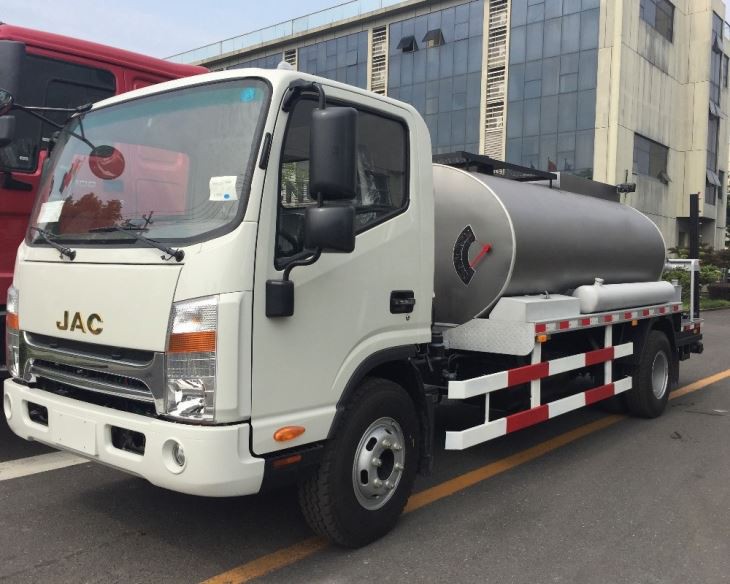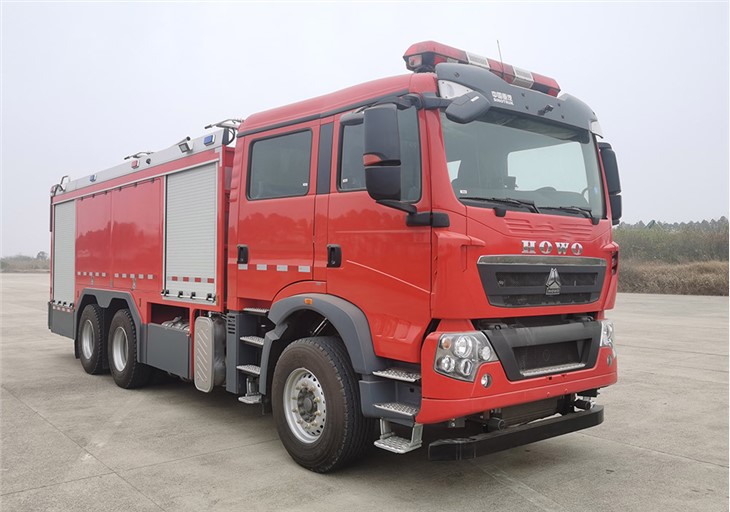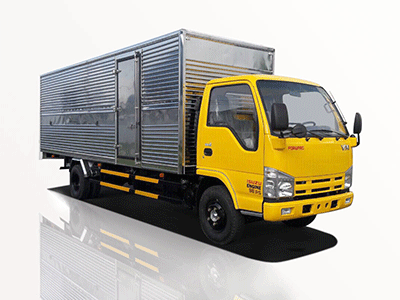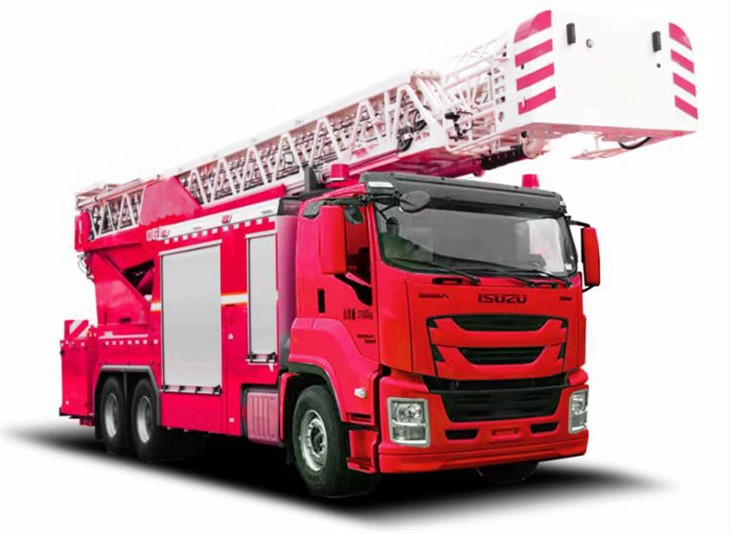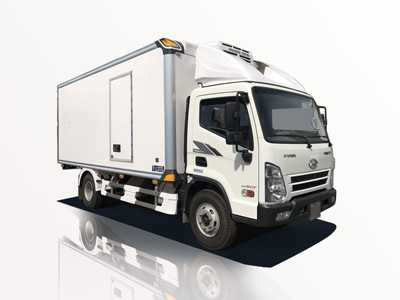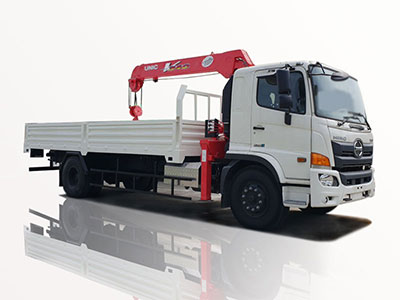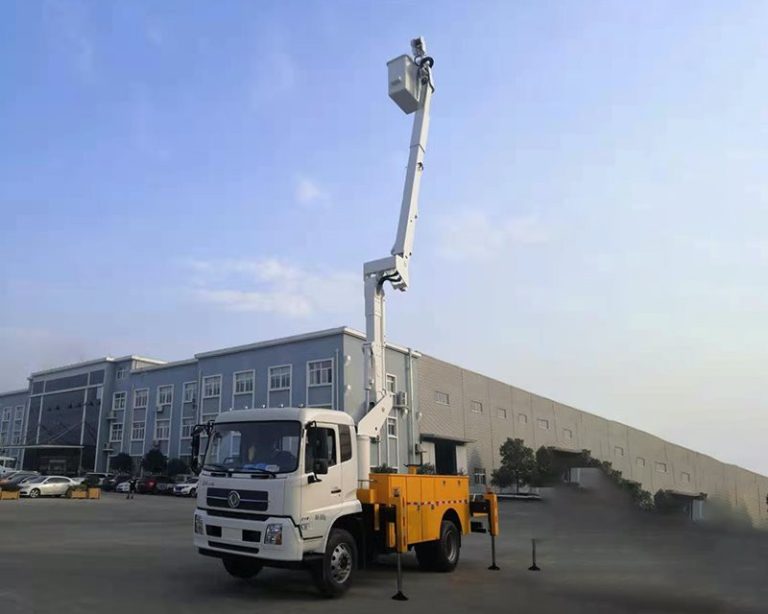As urban areas continue to evolve, the demand for sustainable transportation options has never been higher. Electric small trucks are emerging as a practical solution for businesses and individuals looking to reduce their carbon footprint while navigating the urban landscape efficiently. In this article, we will explore the benefits, types, market trends, and future of electric small trucks.
Understanding Electric Small Trucks
Electric small trucks are compact vehicles powered entirely by electric motors. They are designed for various purposes, including deliveries, cargo transport, and even personal use. With advancements in battery technology and electric drivetrains, these trucks are becoming more capable and viable for commercial applications.
The Importance of Electric Vehicles
The transition to electric vehicles (EVs) is crucial in the fight against climate change. Electric small trucks offer numerous advantages, including:
- Reduction in greenhouse gas emissions
- Lower operating costs compared to traditional combustion engines
- Quieter operation, contributing to reduced noise pollution
- Less maintenance due to fewer moving parts
Types of Electric Small Trucks
Electric small trucks come in various designs and functionalities, catering to different market needs. Here are some popular types:
1. All-Electric Small Trucks
These vehicles operate entirely on electric power, with no gasoline or diesel engine. They are ideal for short-distance transport and urban deliveries. Examples include:
| Model | Range (miles) | Payload Capacity (lbs) |
|---|---|---|
| Rivian R1T | 314 | 1,760 |
| Ford F-150 Lightning | 300 | 2,000 |
| Lordstown Endurance | 250 | 3,000 |
2. Plug-in Hybrid Electric Trucks (PHEVs)
PHEVs combine an electric motor with a traditional combustion engine. They allow for some electric-only driving while providing the flexibility of gasoline power for longer trips.
3. Mini Electric Trucks
These are smaller versions suitable for tight urban spaces. They are often used for local deliveries and may have a limited payload capacity.
Benefits of Electric Small Trucks
1. Cost Efficiency
Operating an electric small truck can significantly reduce fuel costs. The price of electricity is typically lower than gasoline, and with fewer moving parts, maintenance costs are also lower.
2. Environmental Impact
Electric small trucks produce zero tailpipe emissions. This is particularly vital in urban areas where air quality can be a concern. By switching to electric trucks, businesses contribute to a cleaner environment.
3. Regulatory Advantages
Many governments offer incentives for electric vehicle adoption, including tax credits, rebates, and grants. These can significantly alleviate the purchase cost for businesses.
4. Versatility
Electric small trucks are suitable for a variety of applications, including:
- Last-mile delivery
- Construction site transport
- Food truck operations
- Landscaping and maintenance
Challenges in the Electric Small Truck Market
1. Charging Infrastructure
One of the primary challenges for electric small trucks is the availability of charging stations. While urban areas are beginning to see more infrastructure, rural locations may still lack sufficient facilities.
2. Range Anxiety
Business owners may worry about the range of electric trucks. However, many models are being developed with longer ranges and fast-charging capabilities to address these concerns.
3. Initial Purchase Cost
The upfront cost of electric trucks is often higher than traditional vehicles. While this can be offset by lower operational costs and available incentives, it remains a hurdle for some businesses.
Market Trends in Electric Small Trucks
The market for electric small trucks is rapidly growing. Here are some key trends driving this growth:
1. Increased Adoption by Businesses
Many companies are transitioning to electric vehicles to meet sustainability goals, improve brand image, and reduce operational costs.
2. Technological Advancements
With advancements in battery technology, manufacturers are creating trucks with longer ranges, faster charging times, and improved performance capabilities.
3. Collaborative Delivery Models
Businesses are exploring new delivery models that incorporate electric small trucks. This includes partnerships with technology companies and shared delivery networks.
Practical Examples of Electric Small Truck Usage
1. Urban Deliveries
Companies like Amazon are testing electric delivery vans and trucks in urban settings to minimize delivery costs and reduce emissions.
2. Food Delivery Trucks
Food trucks are adopting electric small trucks to cater to city festivals and events, offering sustainable food options while lowering their environmental impact.
3. Local Businesses
Small businesses, like florists and bakeries, are using electric small trucks for local deliveries, ensuring that their products reach customers promptly and sustainably.
Tips for Transitioning to Electric Small Trucks
1. Conduct a Cost Analysis
Evaluate the long-term savings of switching to electric small trucks, including fuel, maintenance, and potential tax incentives.
2. Research Charging Solutions
Look into installing charging stations at your business location to ensure convenient access to power for your electric fleet.
3. Start Small
Begin with a single electric small truck and monitor its performance and cost savings before expanding your fleet.
4. Collaborate with EV Providers
Partner with manufacturers or leasing companies for access to the latest models and potential maintenance options.
Frequently Asked Questions
1. What is the average range of electric small trucks?
The average range varies by model but typically falls between 100 to 300 miles on a single charge.
2. Are electric small trucks more expensive than traditional trucks?
While the initial purchase price can be higher, the long-term savings in fuel and maintenance costs often make them more economical over time.
3. How long does it take to charge an electric small truck?
Charging times depend on the charger type. Fast chargers can recharge an electric truck in about an hour, while standard chargers may take several hours.
4. What incentives are available for purchasing electric trucks?
Many governments offer tax credits, rebates, and grants to encourage the adoption of electric vehicles. Check with local regulations for specifics.
5. Can electric small trucks be used for long-distance travel?
Electric small trucks are best suited for urban and short-distance travel. Range may limit their use for long-haul transport without planning for charging stops.
6. What maintenance is required for electric small trucks?
Electric small trucks require less maintenance than traditional vehicles, but regular checks on the battery, tires, and brakes are still necessary.
